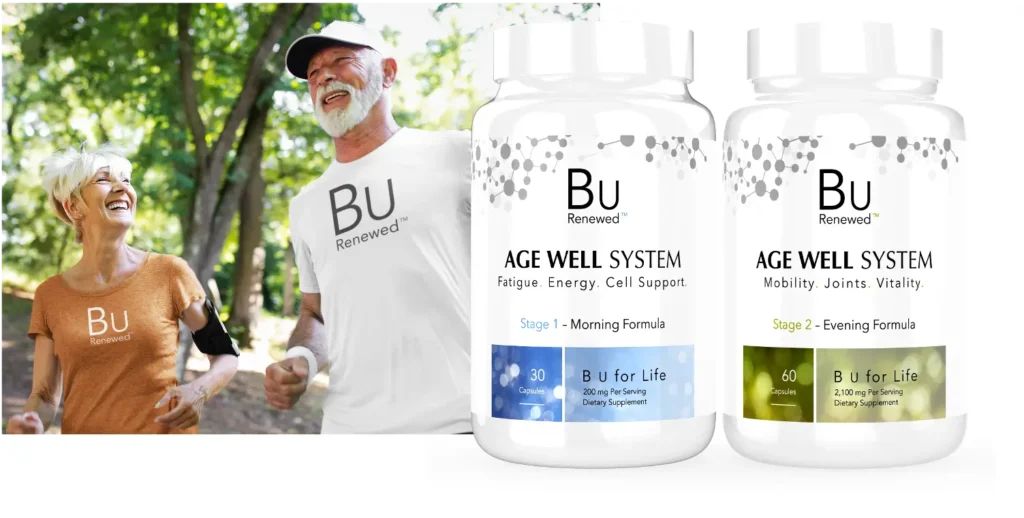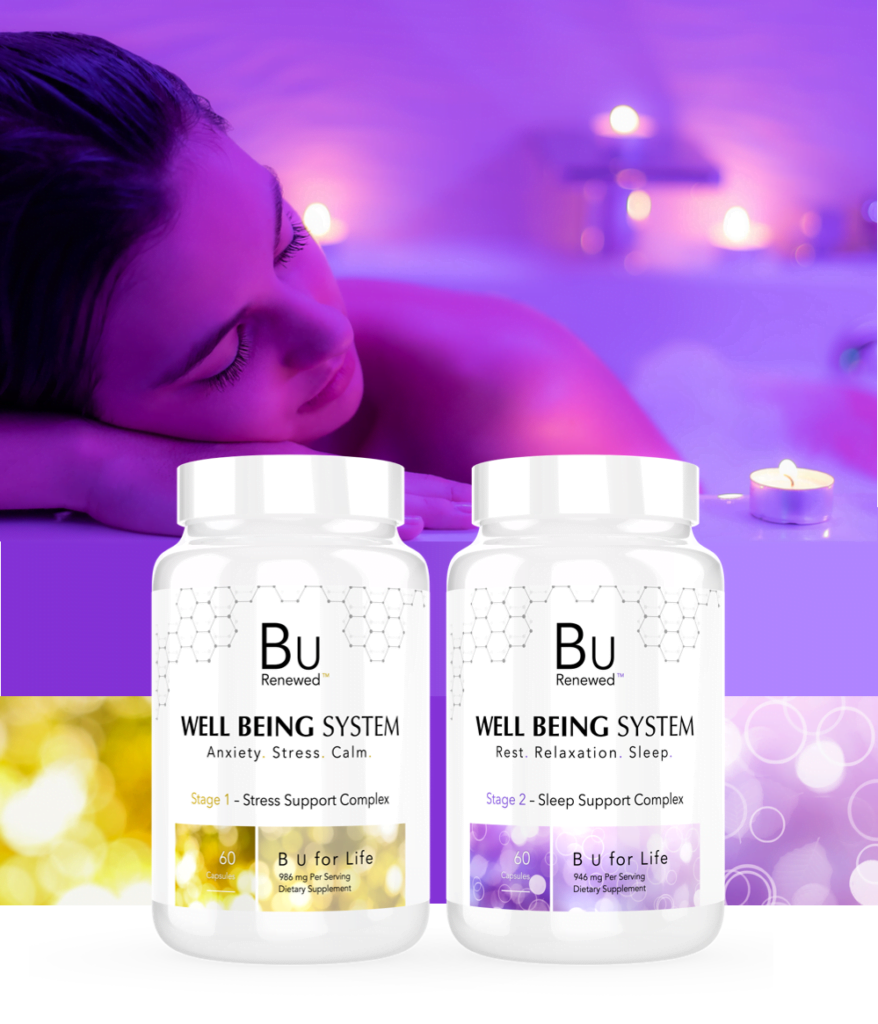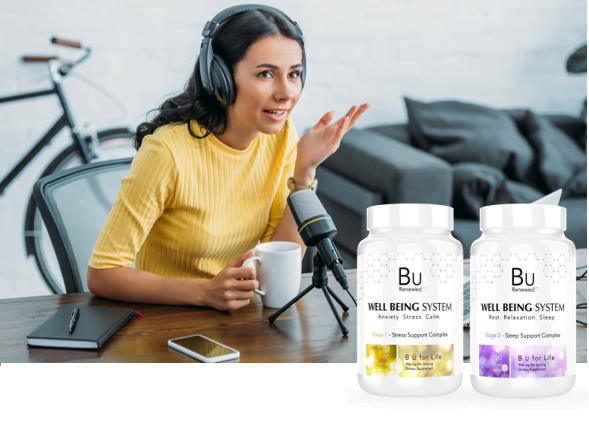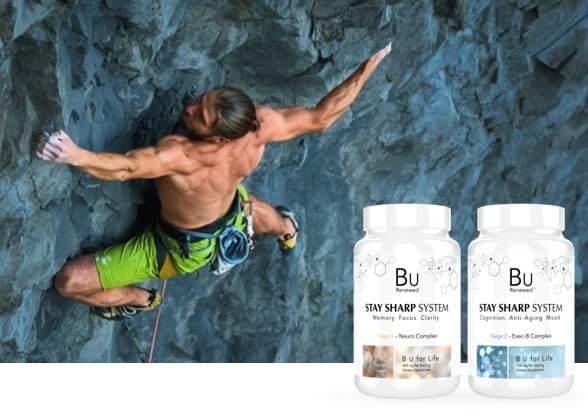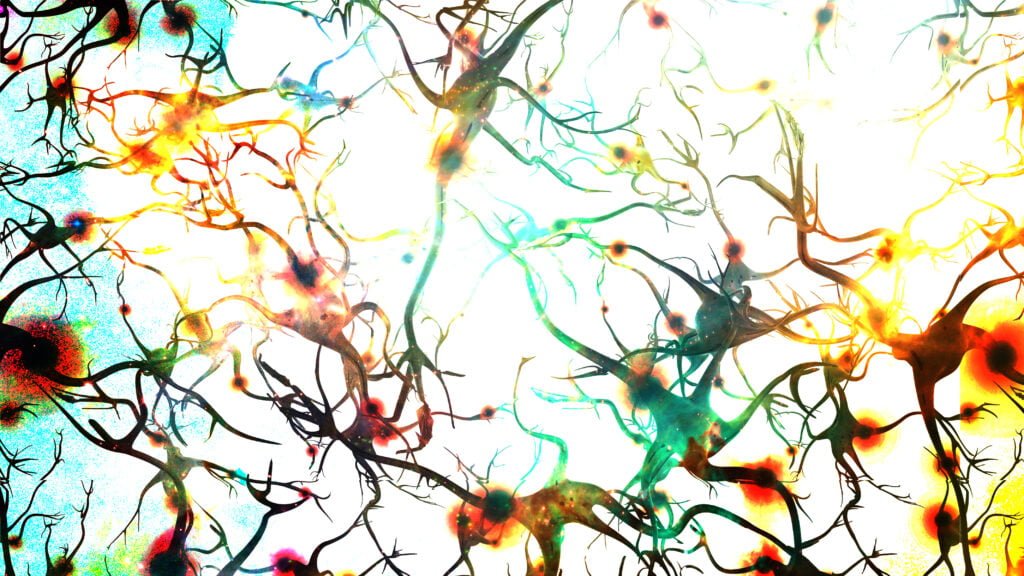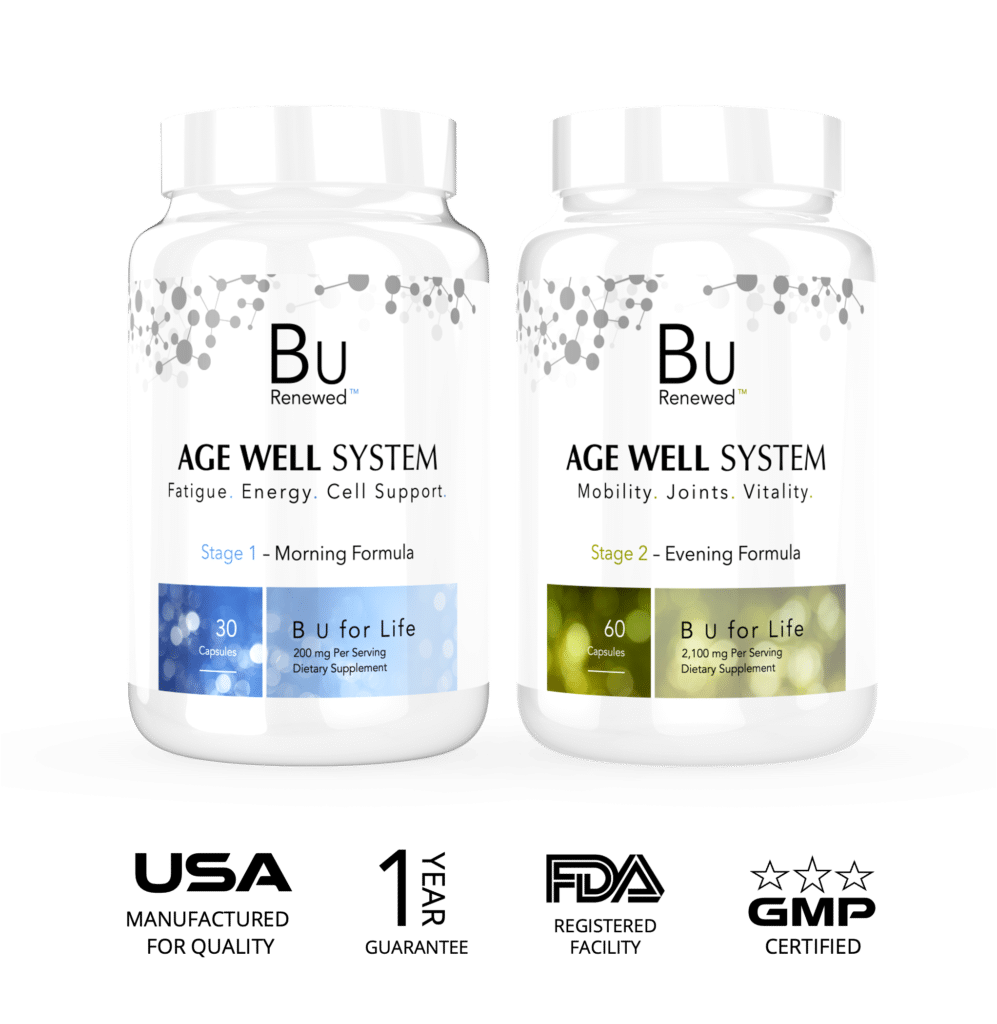Our purpose in life and longevity are deeply interconnected. Having a clear purpose can significantly impact our overall well-being and lifespan. This article explores the various aspects of finding purpose and how it contributes to a longer, healthier life.
Introduction
Our purpose in life and longevity are deeply interconnected. Having a clear purpose can significantly impact our overall well-being and lifespan.
Research has shown that individuals with a strong sense of purpose tend to live longer, healthier lives.
This sense of purpose provides motivation, direction, and resilience, which are essential for handling life’s challenges.
Understanding how purpose influences longevity can help individuals make more informed choices about their health and well-being.
This article explores the various aspects of finding purpose and how it contributes to a longer, healthier life.
It does this by offering practical strategies and insights based on the latest scientific research.
By having a sense of purpose, we can enhance our physical, mental, and emotional health.
Ultimately, this will lead to a more fulfilling and extended life.
Understanding Purpose in Life
Purpose in life refers to the sense of meaning and direction that drives an individual’s actions and decisions.
It is a crucial aspect of psychological well-being and overall health.
Defining Purpose
Purpose can be defined as a deeply held aspiration that gives life meaning.
It guides our goals, behaviors, and decisions.
For some, purpose is linked to career achievements, while for others, it may be related to family, community service, or personal growth.
Importance of Purpose
Having a purpose in life is essential for mental and emotional health.
It provides motivation, resilience, and a sense of fulfillment.
Studies show that people with a clear sense of purpose live longer, healthier lives.
Finding Your Purpose
Finding purpose often involves self-reflection and exploration, according to Harvard Business Review.
Identifying passions, values, and strengths can help uncover what truly matters to you.
Engage in activities that bring joy and fulfillment to discover your purpose.
Connection Between Purpose and Longevity
Psychological Benefits
Purpose in life provides numerous psychological benefits.
It reduces stress, enhances resilience, and promotes a positive outlook.
These factors contribute to improved mental health and longevity.
Physical Health Benefits
A sense of purpose is linked to better physical health, and this article on The Secrets To Healthy, Happier Life agrees.
It encourages healthy behaviors, such as regular exercise, balanced nutrition, and adequate sleep.
These habits reduce the risk of chronic diseases and support longevity.
Biological Mechanisms
Research indicates that purpose in life may influence biological processes.
It can improve immune function, reduce inflammation, and promote cardiovascular health.
These mechanisms contribute to a longer, healthier life.
Latest Studies on Purpose and Longevity
The Blue Zones
The Blue Zones are regions with the highest concentrations of centenarians.
Studies in these areas reveal that having a strong sense of purpose, known as “ikigai” in Japan, is a common trait among long-lived individuals.
Psychological Well-Being and Mortality
Research published in the journal Psychosomatic Medicine found that individuals with a high sense of purpose had a reduced risk of all-cause mortality.
This study highlights the significant impact of purpose on longevity.

Purpose and Brain Health
A study in the Journal of the American Medical Association found something jaw-dropping.
Do you want to know what?
JAMA found that older adults with a strong sense of purpose had a lower risk of developing Alzheimer’s disease and cognitive decline.
Purpose may protect brain health and enhance longevity.
Heart Health and Purpose
Research in the journal Circulation found that individuals with a higher sense of purpose had a reduced risk of heart disease.
Purpose in life may lower blood pressure and improve cardiovascular health.

Practical Strategies to Find and Cultivate Purpose
Self-Reflection and Exploration
Engage in self-reflection to understand your passions, values, and strengths.
Journaling, meditation, and talking with trusted friends or mentors can help uncover your purpose.
Wondering how to begin? Explore this article on How To Reset Your Life To Be The Best You
Setting Meaningful Goals
Set goals that align with your purpose.
Break down larger goals into smaller, manageable steps, as shown in this insightful article on The Best Time Management Tools For Your Busy Life.
This approach provides direction and motivation.
Engaging in Activities You Enjoy
Participate in activities that bring joy and fulfillment.
Whether it’s volunteering, pursuing a hobby, or spending time with loved ones, engaging in enjoyable activities can enhance your sense of purpose.
Building Strong Relationships
Strong relationships provide emotional support and a sense of belonging.
Surround yourself with positive, supportive people who encourage your growth and well-being.
Giving Back to the Community
Helping others and contributing to your community can provide a deep sense of purpose.
Volunteering and community service are excellent ways to make a positive impact and find fulfillment.
Continuous Learning and Growth
Embrace opportunities for learning and personal growth.
Pursue new skills, knowledge, and experiences that align with your interests and values.

Maintaining Physical Health
A healthy body supports a healthy mind. Read more on how persistence sharpens the mind here
Regular exercise, a balanced diet, and adequate sleep are crucial for overall well-being and longevity.
Practicing Gratitude
Gratitude enhances well-being and fosters a positive outlook.
Regularly practice gratitude by reflecting on things you are thankful for and expressing appreciation to others.
Role of Purpose in Different Life Stages
Adolescence and Young Adulthood
During adolescence and young adulthood, individuals often explore different interests and identities.
This stage is crucial for developing a sense of purpose and direction.
Midlife
Midlife is often a period of reassessment and reflection.
It’s an opportunity to evaluate one’s life path and make changes that align with personal values and goals.
The Age Well System by Bu Renewed provides all the vitamins, minerals and nutrients to help you find the fountain of youth. You will see results in your skin’s appearance, your mobility and help you look and feel younger.
Retirement and Later Life
In retirement and later life, maintaining a sense of purpose is vital for well-being.
Engaging in meaningful activities, hobbies, and social connections can enhance life satisfaction and longevity.

Challenges in Finding Purpose
Overcoming Obstacles
Finding purpose can be challenging due to various obstacles such as fear, self-doubt, and external pressures.
Overcoming these obstacles requires courage, perseverance, and support from others.
Addressing Burnout
Burnout can hinder the search for purpose.
It’s essential to recognize signs of burnout and take steps to recover, such as taking breaks, seeking support, and engaging in self-care.
Dealing with Life Transitions
Life transitions, such as career changes, loss of loved ones, or retirement, can impact one’s sense of purpose.
Handling these transitions with resilience and openness can help in finding new meaning and direction.
The Well Being System by Bu Renewed supports stress and anxiety helping to calm your nerves providing a deep and restful sleep and more relaxation.
Purpose and Well-Being
Emotional Health
A strong sense of purpose enhances emotional health by providing a sense of fulfillment and reducing feelings of anxiety and depression.
Social Well-Being
Purposeful individuals often have strong social connections and engage in meaningful relationships, which contribute to overall well-being.
Spiritual Well-Being
For many, purpose is linked to spiritual beliefs and practices.
Engaging in spiritual activities can provide a sense of peace and connection to something greater.
Integrating Purpose into Daily Life
Daily Practices
Incorporate practices that reinforce your purpose into your daily routine.
This could include meditation, journaling, or setting daily intentions, as captured by one of our favorites articles.
Mindfulness and Awareness
Mindfulness practices can help you stay connected to your purpose.
Regularly check in with yourself to ensure your actions align with your values and goals.
Adapting to Changes
Be open to adapting your sense of purpose as you grow and evolve.
Life changes and experiences can shape and redefine your purpose over time.
The Role of Support Systems
Family and Friends
Family and friends play a crucial role in supporting your sense of purpose. They provide encouragement, advice, and companionship.
Professional Guidance
Seek professional guidance from coaches, therapists, or mentors. They can offer valuable insights and help you navigate challenges in finding and maintaining purpose.
Community and Social Networks
Engaging with community groups and social networks can provide a sense of belonging and support.
These connections can help reinforce your purpose and provide opportunities for growth.
Conclusion
The Power of Purpose
Our purpose in life and longevity are deeply connected.
A strong sense of purpose enhances well-being, promotes healthy behaviors, and supports longevity.
By finding and nurturing your purpose, you can lead a more fulfilling and healthier life.
Commitment to Purpose
Commit to discovering and cultivating your purpose. Engage in self-reflection, set meaningful goals, and build strong relationships.
Through continuous learning and growth, you will maintain a sense of purpose throughout your life.
Embrace a Fulfilling Life
Embrace a fulfilling life by aligning your actions with your purpose.
Reflect on your daily activities and choices to ensure they resonate with your core values and long-term goals.
This alignment fosters a sense of satisfaction and coherence in life.
Final Thoughts
Addressing our purpose in life and longevity requires a comprehensive approach.
By focusing on psychological, physical, and social well-being, you can enhance your overall health and extend your lifespan.
Start your journey towards a purposeful and long life today, and experience the profound impact it can have on your well-being and longevity.
Remember:
Setting meaningful goals is crucial for living a purpose-driven life.
Break down your larger purpose into specific, achievable objectives.
This approach not only provides direction but also creates a sense of accomplishment as you achieve each milestone.
Stay informed and adaptable, and don’t hesitate to seek professional guidance when needed.








